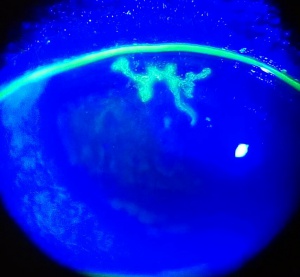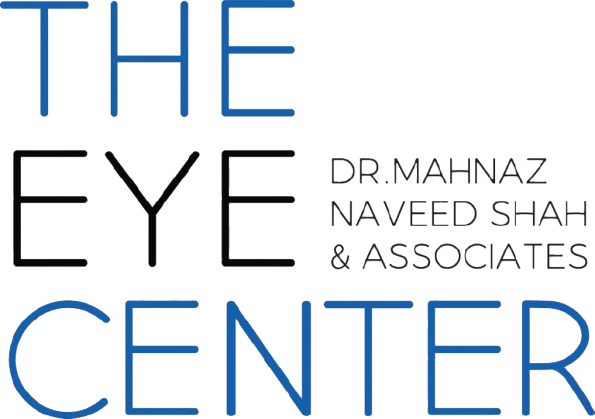The herpes simplex virus (HSV-1), which also causes cold sores around the lips and mouth, is the source of eye herpes, sometimes referred to as ocular herpes, a potentially dangerous infection of the eye.
The most common way to get eye herpes is to touch a cold sore and then touch the eyes with contaminated hands. The virus is permanently retained in the body after infection.
Because ocular herpes can remain latent in the neurological system for years without creating any symptoms, many people with the condition are unaware that they have it. After contracting HSV the first time, it frequently reactivates months or even years later. While flare-ups can disappear after two to three weeks, the infection can return even ten years later.
Eye herpes is frequently mistaken for other forms of pink eye, such as bacterial or viral eye diseases.
Eye herpes can affect several components of the eye, including Cornea the clear layer on the front of your eye. Conjunctiva (the tissue that lines the inside of the eyelids and covers the sclera). Sclera (the white part of your eye). Eyelids specifically the lid margins. Retina (the light-sensing sheet of cells in the back of your eye) and Iris (the colored part of your eye)
Blisters or a rash on the eyelids are two signs and symptoms of eye herpes, among others. persistently sore, pink, or red eyes, itchiness and discomfort in the eyes Lethargy and a headache Vision loss or blurring, light sensitivity, excessive crying, and watery eye discharge are some of the symptoms.
Although just one eye is often affected by eye herpes, it does occasionally impact both eyes.
Despite the fact that there is no way to completely avoid an eye herpes infection or any other type of eye infection, taking the following precautions will lower your risk, including Maintain clean hands and eyes. If you have an outbreak of herpes, refrain from touching your eyes. If you have any type of herpes, seek medical attention as soon as you can. Those who wear contacts make sure to adhere to your eye doctor’s contact lens care recommendations.
While there is not a definitive therapy for eye herpes, various approaches can assist manage current outbreaks and avert blindness.
Antiviral medication, which comes in the form of eye drops, creams, or oral pills, is typically used as part of the treatment.
At The Eye Center- Dr. Mahnaz Naveed Shah & Associates our team of eight ophthalmology subspecialists/ eye specialists, eye surgeons who are considered amongst the very best eye specialists in Karachi and in Pakistan, have the diagnostic and treatment capabilities to treat from the simplest to the most complex patients. We work hard to provide our patients with the best possible medical and surgical eye care, in a state of the art purpose built eye care facility. We offer the entire array of medical, laser and surgical treatments to help provide patients the best possible care in the most efficient, safe and ethical manner.
If you need an appointment, please contact us at 03041119544 during our working hours or leave us a WhatsApp message at +923028291799 and someone will connect with you. Walk-in appointments are also available for emergencies. We can also be reached through our web portal on www.surgicaleyecenter.org

